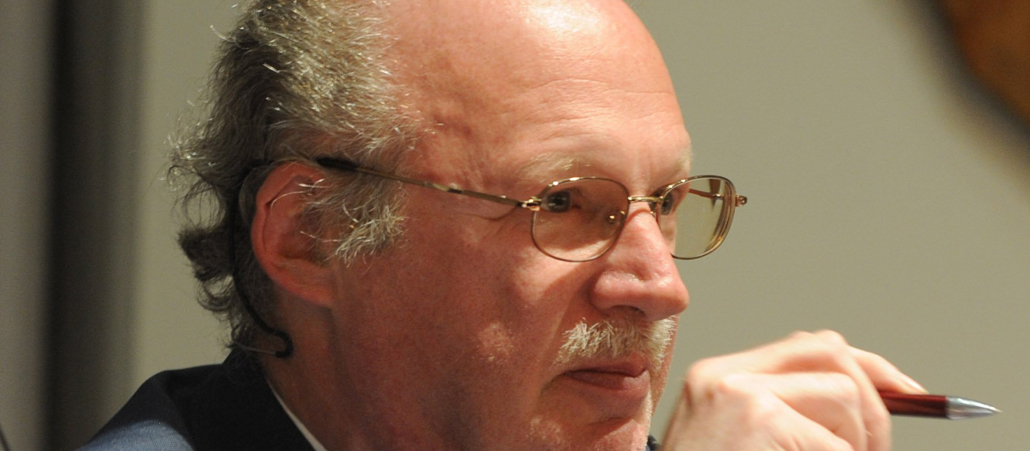Catholic Church becomes a second Protestant church in Germany
"Under the table"
Is the Catholic Church becoming a second Protestant church in
Germany? The accusation comes not only
from the Vatican. The latest statement
in particular is fuelling the debate. Ulrich
Ruh sees a clear trend, not only since the Synodal Path began.
DOMRADIO.DE: What is the basic relationship between the Synodal Path and the Protestant Church?
Ulrich Ruh (honorary professor at the University of
Freiburg, Catholic theologian and commentator): The understanding and practice
of church leadership are so different in the Protestant and Catholic churches
that possible contacts are limited from the outset. Both churches have their own system of church
leadership and, as far as I can see, they want to stick to it. That is why ecumenism must continue in other
fields.
DOMRADIO.DE: What does this mean for the Synodal Path and
ecumenism?
Ruh: The Synodal Path, like the Würzburg Synod at that time,
is a Catholic matter. It is an attempt,
on the basis of the Catholic understanding of the Church, which is officially
also fully stated in the Second Vatican Council, to find ways of dealing with
certain crises and problems in the German Church or future issues as jointly as
possible. However, there is no comparison
with a Protestant synod.
DOMRADIO.DE: The statement from the Vatican has provoked
various reactions. The critics of the
Synodal Path have cheered. The bodies
that sat around the table for years, discussing, formulating texts, were
naturally disappointed. How did you read
the statement?
Ruh: I don't find it dramatic in that it simply reminds us
of basic principles of the Catholic understanding of the Church, which do not
have to be the basis of business, so to speak. They remind us that there is a supreme
authority in the Pope and of the individual bishops over their dioceses. There is nothing wrong with that.
It is rather a problem that there is obviously a
communication difficulty between those responsible for the Synodal Path, on the
one hand, and the Holy See, on the other hand. They have not managed to really
clarify each other's positions and to enter into a dialogue.
DOMRADIO.DE: The new Protestant Regional bishop of Baden,
Heike Springer, has said that she would like to maintain the ecumenical contact,
even though the latest developments due to the Vatican's statement are a great
challenge. What does this statement now
mean for ecumenism in Germany? Was it
really hoped that there would be more scope for co-operation?
Ruh: No, ecumenism functions in many areas without any
problems, so to speak. I am thinking of
the social sector as well as ecumenical social centres. I'm thinking of educational work, which is
done to a great degree by ecumenical educational organisations. I am thinking of co-operation in Christian
service and in the charitable sector. This
works even though the leadership structures in both churches remain different.
I was somewhat disturbed that the reform processes in the
two churches were carried out with their backs to each other, so to speak, and
that experiments were carried out. It
would probably have been possible to proceed better by establishing contact and
providing information in good time.
DOMRADIO.DE: There have always been fears of a
Protestantisation of the Catholic Church, also through the Synodal Way. Is that justified from your point of view?
Ruh: Yes, the Catholic Church is becoming a bit more
"Protestant", so to speak, through the mundane reality. For example, if there are practically no more
priests on the Catholic side - that's an exaggerated way of putting it but it's
not entirely wrong - then the whole argument about the ecclesiastical office
and its profile and rights ultimately becomes obsolete.
In the same way, if there are fewer and fewer Eucharistic
celebrations in the Catholic Church as an early form of worship on Sunday, then
the question of communion at least becomes more relaxed. The Catholic Church is also becoming a bit
more "Protestant" as a result, since it is now embarking on a Synodal
Path overall, even at the world level.










.jpeg)

Comments